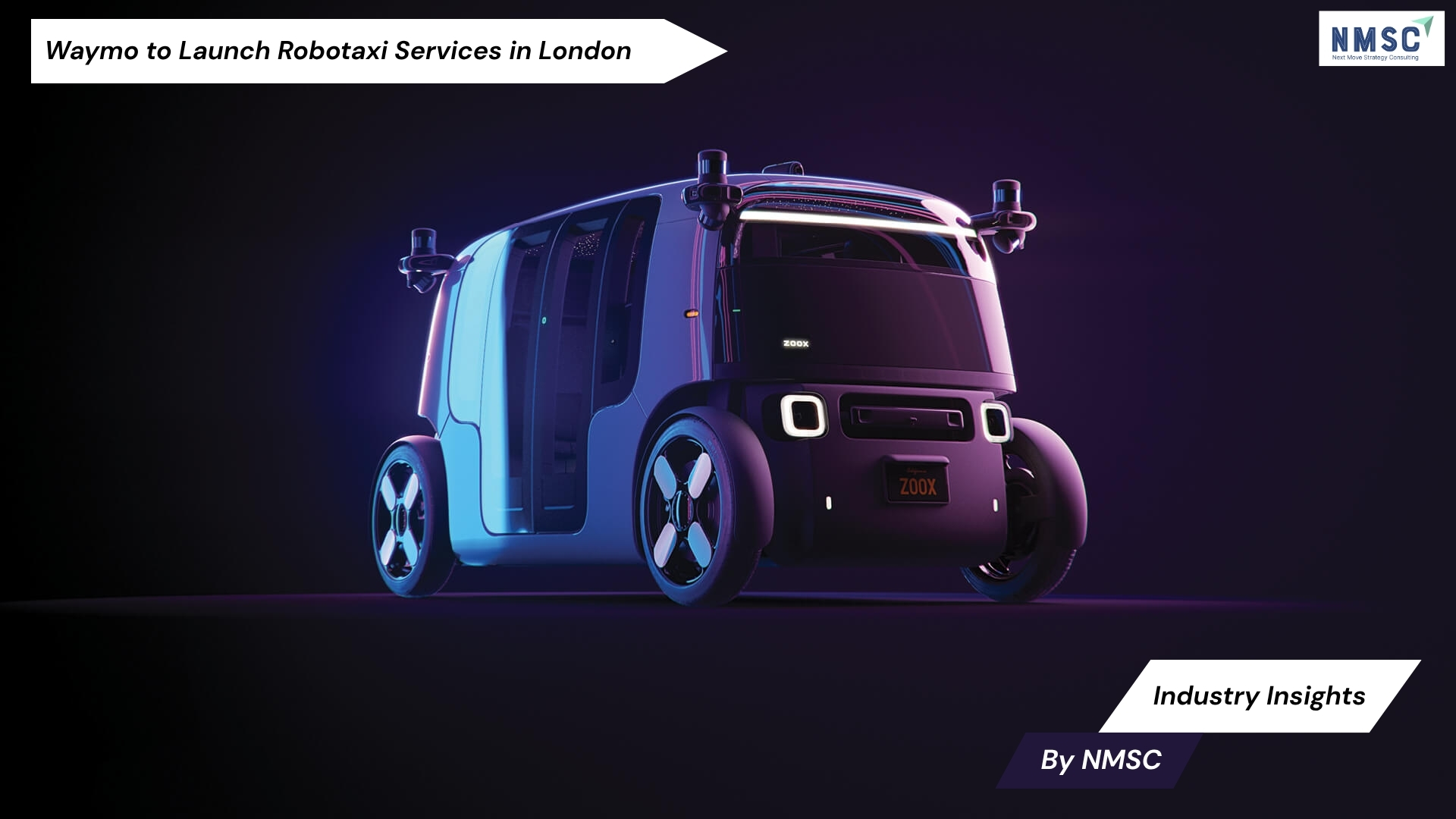Canada Electric Vehicle (EV) Charging Market is expected to reach USD 1438.1 million by 2030
Published: 2025-10-23
The government initiatives and expansion of electric vehicle (EV) models by automakers in Canada are driving up demand for the Canada Electric Vehicle (EV) Charging market during the forecast period.
Canada Electric Vehicle (EV) Charging Market was valued at USD 106.79 million in 2022, and is predicted to reach USD 1438.1 million by 2030, with a CAGR of 38.9% from 2023 to 2030, according to new research by Next Move Strategy Consulting.
The electric car market in Canada is experiencing significant growth, driven by several key factors. These include the high purchasing power of Canadian consumers, government incentives, and the presence of major market players, all contributing to increased demand for electric chargers.
For example, under the Federal Zero-Emission Vehicle (ZEV) purchase incentive program, electric vehicles (EVs) qualify for incentives ranging from USD 2,500 to 5,000 when purchased. Additionally, customers who lease EVs can benefit from discounts ranging from USD 625 to USD 5,000. These incentives are applicable to EVs manufactured by companies such as Audi, Ford, Hyundai, Toyota, Kia, Chevrolet, Tesla, and others operating in the country.
The Canadian government is also making substantial investments in building a robust EV charging infrastructure nationwide. For instance, in January 2020, Natural Resources Canada initiated an electric vehicle and alternative fuel infrastructure deployment program, which will result in the installation of 54 fast chargers in the central and western regions of the country. This expansion of publicly available electric vehicle chargers (EVSE) is a driving force behind the market's growth.
As of the latest data, Canada boasts nearly 3,100 publicly available fast chargers and just over 12,300 slow electric vehicle chargers (EVSE). In total, there are almost 15,400 EVSE units across Canada as of 2021. This growth in charging infrastructure reflects the increasing adoption of electric vehicles in the country.
However, several challenges pose potential obstacles to the growth of the EV charging sector, including the lack of incentives and concerns about the significant installation costs. A major hurdle in expanding this industry is the substantial upfront expense associated with level 3 and ultra-fast chargers. While level 1 and level 2 chargers can take anywhere from 6 to 16 hours to fully charge, consumers are accustomed to the quick refueling of their conventional fossil fuel vehicles, typically taking just 5 to 7 minutes.
This discrepancy in charging times has led to a demand for fast chargers capable of recharging EVs in under 30 minutes. However, the initial investment required for establishing a level 3 charging station can be quite daunting. This cost factor has the potential to deter individuals who are contemplating the switch to EVs, as the longer charging durations may disrupt their busy schedules.
On the other hand, the emergence of vehicle-to-grid (V2G) EV charging technology empowers plug-in EVs to engage in bidirectional electrical energy exchange with the power grid. Thanks to V2G, electric vehicles (EVs) can store surplus electricity and contribute it back to the grid, enhancing the functionality of their electrical components and delivering added value to EV owners.
This technological leap has streamlined the charging process for electric vehicles, making EVs a preferred mode of transportation. Consequently, the entire market for charging stations plays a pivotal role in bridging the connection between EVs and the grid, ensuring efficient charging.
Enel Energia S.p.A. has taken the initiative to install two V2G EV charging stations at the Italian Institute of Technology's Genoa headquarters as part of the MOV-E project, sponsored by Nissan for corporate electric car sharing trials. Nissan has provided the Italian Institute of Technology with two battery electric vehicles (LEAF models) and the Glide app management platform. This collaboration between Enel and Nissan marks a transformative shift in sustainable transportation technology.
Manufacturers stand to gain significantly from V2G charging technology, which is poised to revolutionize the EV industry and reshape the way EVs are charged in the future. While V2G infrastructure offers numerous advantages compared to smart charging, it's important to note that the initial cost of installing V2G charging stations can be substantial. Consequently, manufacturers of EV connectors have the opportunity to develop advanced connectors capable of withstanding the electrical demands expected to arise from the expansion of V2G technology.
Request for a Sample PDF on the Canada EV Charging Market
According to the report, leading players in the Canada Electric Vehicle (EV) Charging market include ChargePoint Inc, Blink Charging Co, Enphase, Tesla, ABB, Wallbox, Schneider Electric, Delta, Siemens, Kempower Canada, BTC Power, Hitachi, Leviton Manufacturing Co, Grizzl-E, Hypercharge, and others.
Key Insights from the Canada Electric Vehicle (EV) Charging Market Report:
-
The information related to key drivers, restraints, and opportunities and their impact on the Canada Electric Vehicle (EV) Charging market is provided in the report.
-
The value chain analysis in the market study provides a clear picture of the roles of each stakeholder.
-
The market share of players in the Canada Electric Vehicle (EV) Charging market is provided in the report along with their competitive analysis.
















Add Comment